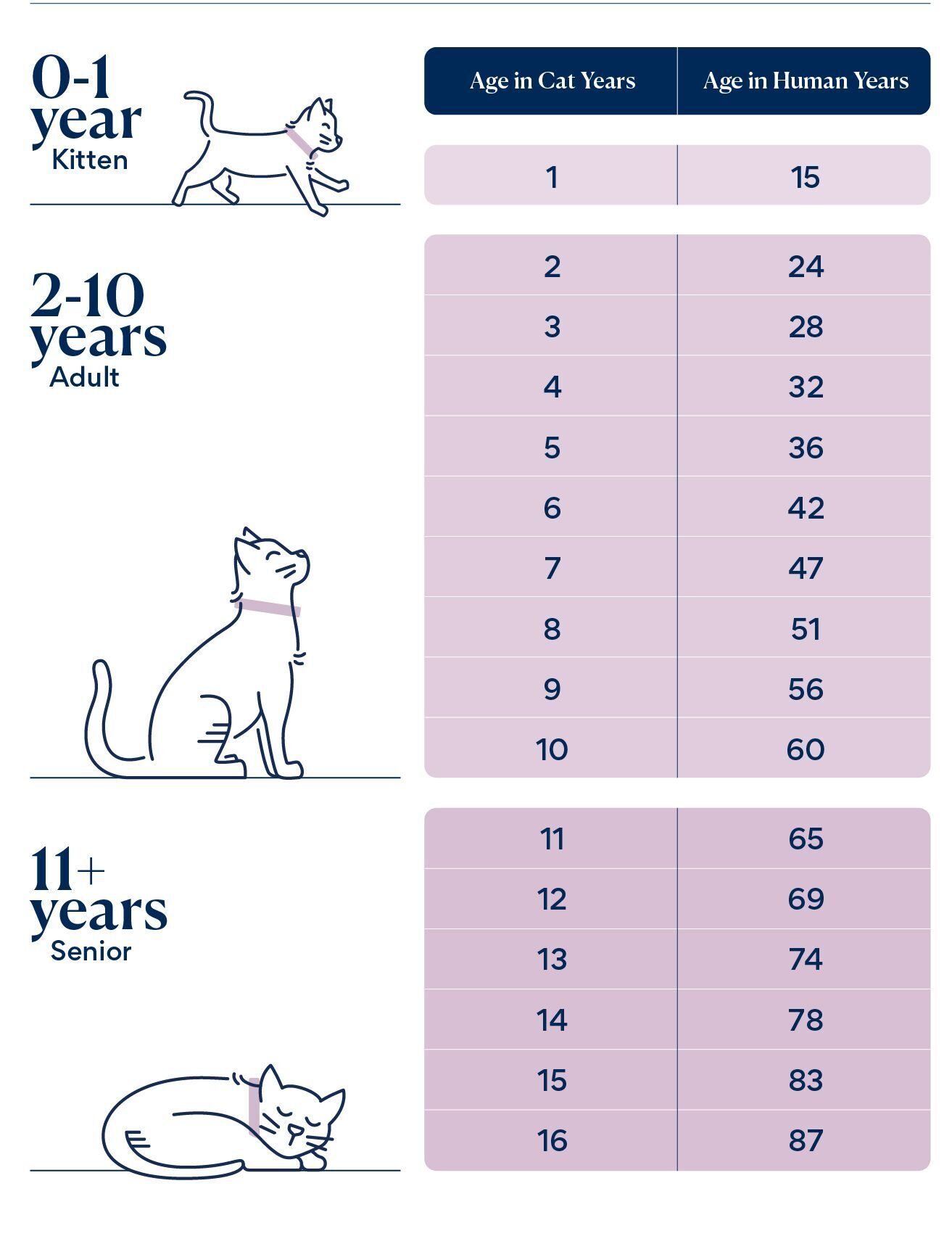Key Takeaways:
- Small dogs generally have longer lifespans compared to larger breeds.
- The average lifespan of small dog breeds is typically between 10-15 years.
- Genetics, diet, exercise, and overall healthcare play a significant role in determining a small dog's lifespan.
- Regular veterinary check-ups and preventive care can help prolong the life of a small dog.
- Some small dog breeds are known for their longevity and can live up to 20 years or more with proper care.
Are you curious about the secret to a small dog's long and happy life? Well, get ready to uncover the fascinating world of canine longevity! Whether you're a proud owner of a pint-sized pup or simply have an interest in our furry friends, understanding how long small dogs live can provide valuable insights into their care and well-being. By delving into this topic, you'll gain knowledge that can help you ensure your four-legged companion stays by your side for as long as possible. So, let's embark on this journey together and discover the secrets behind small dog longevity!
How long do small dogs usually live?
Small dogs typically have a longer lifespan compared to larger breeds. On average, small dogs can live anywhere from 10 to 15 years. However, it's important to note that this is just an average and individual dogs may live shorter or longer lives depending on various factors.
Several factors can influence the lifespan of a small dog. Genetics play a significant role, as some breeds are naturally prone to certain health issues that can shorten their lifespan. Additionally, the overall health and care provided to the dog throughout its life can also impact how long it lives.
Factors Affecting Small Dog Lifespan:
- Genetics and breed
- Diet and nutrition
- Exercise and physical activity
- Veterinary care and preventive treatments
- Lifestyle and living conditions
To ensure your small dog lives a long and healthy life, it's crucial to provide proper care, regular check-ups with a veterinarian, a balanced diet, regular exercise, and a safe environment.
What can affect how long small dogs live?
The lifespan of small dogs can be influenced by several factors. Genetics play a significant role in determining how long a dog will live. Certain breeds may be prone to specific health conditions that can shorten their lifespan. For example, some small breeds may be more susceptible to heart problems or dental issues.
The overall health and lifestyle of the dog also play a crucial role in determining its lifespan. Dogs that receive regular veterinary care, including vaccinations and preventive treatments for parasites like fleas and ticks, are more likely to live longer. Proper nutrition is also essential for maintaining good health in small dogs.
Environmental factors can also impact a small dog's lifespan. Dogs that live in clean and safe environments, with access to regular exercise and mental stimulation, tend to have better overall health and longevity.
Factors Affecting Small Dog Lifespan:
- Genetics and breed-specific health issues
- Diet and nutrition
- Veterinary care and preventive treatments
- Exercise and mental stimulation
- Lifestyle and living conditions
By addressing these factors and providing the necessary care, small dog owners can help their furry companions live longer, healthier lives.
Which small dog breeds tend to live the longest?
While individual lifespans can vary within each breed, certain small dog breeds are known for their longevity. These breeds often have fewer genetic health issues compared to other breeds, which can contribute to a longer lifespan.
Some of the small dog breeds that tend to live longer include:
Pomeranians:
Pomeranians are known for their friendly and playful nature. With proper care, they can live up to 15 years or even longer. Regular exercise, a balanced diet, and routine veterinary check-ups are essential for maintaining their health.
Cavalier King Charles Spaniels:
Cavaliers are affectionate dogs that enjoy being part of a family. They typically have a lifespan of around 10-14 years. Regular grooming, dental care, and attention to heart health can help prolong their lives.
Bichon Frises:
Bichon Frises are small dogs with a cheerful temperament. With proper care and nutrition, they can live up to 15 years or more. Regular grooming and dental care are important for their overall health.
Chihuahuas:
Chihuahuas are known for their small size and big personality. With good care, they can live anywhere from 12 to 20 years. Regular exercise, a balanced diet, and dental care are crucial for their well-being.
It's important to remember that while these breeds may have longer lifespans on average, individual dogs may still vary in terms of their health and lifespan. Providing proper care, regular vet check-ups, and a loving environment can help any small dog live a long and happy life.
What health problems do aging small dogs often have?
As small dogs age, they may be prone to certain health issues that commonly affect older dogs. These conditions can vary depending on the breed and individual dog, but some common health problems include:
Dental Problems:
Small dogs often experience dental issues as they age. This can include tooth decay, gum disease, and tooth loss. Regular dental care, including brushing their teeth or providing appropriate chew toys, can help prevent these problems.
Joint Problems:
Arthritis and other joint-related issues are common in aging small dogs. This can cause discomfort and mobility issues. Providing joint supplements or medications recommended by a veterinarian can help manage these conditions.
Heart Disease:
Certain small dog breeds are prone to heart diseases such as mitral valve disease or congestive heart failure as they get older. Regular check-ups with a veterinarian and appropriate treatment plans can help manage these conditions.
Cognitive Decline:
Aging small dogs may also experience cognitive decline, which can manifest as confusion, disorientation, or changes in behavior. Mental stimulation and regular exercise can help slow down cognitive decline in dogs.
It's important for small dog owners to be aware of these potential health issues and seek veterinary care when necessary. Regular check-ups with a veterinarian can help detect and manage these conditions early on, improving the overall quality of life for aging small dogs.
What can you do to help your small dog live longer?
As a responsible pet owner, there are several things you can do to help your small dog live a longer and healthier life:
Proper Nutrition:
Feed your small dog a balanced diet that is appropriate for their age and size. Consult with a veterinarian to determine the best food options for your dog's specific needs.
Regular Exercise:
Provide regular exercise opportunities for your small dog to keep them physically active. This can include walks, playtime, or interactive toys that encourage movement.
Veterinary Care:
Schedule regular check-ups with a veterinarian to monitor your dog's health and address any potential issues early on. Keep up-to-date with vaccinations and preventive treatments for parasites like fleas and ticks.
Mental Stimulation:
Engage your small dog in activities that stimulate their mind, such as puzzle toys or training sessions. Mental stimulation helps keep their brain active and can prevent cognitive decline.
Dental Care:
Maintain good dental hygiene by regularly brushing your dog's teeth or providing appropriate dental chews. Dental problems can lead to other health issues if left untreated.
Does a small dog's lifestyle and surroundings affect how long they live?
Yes, a small dog's lifestyle and surroundings can have a significant impact on their lifespan. Providing a safe and stimulating environment is crucial for their overall health and well-being.
Factors that can affect a small dog's lifespan include:
Exercise and Physical Activity:
A sedentary lifestyle can lead to obesity and other health problems in small dogs. Regular exercise helps maintain a healthy weight and promotes cardiovascular health.
Mental Stimulation:
A lack of mental stimulation can contribute to boredom and behavioral issues in small dogs. Engaging them in activities that challenge their mind helps keep them mentally sharp and prevents cognitive decline.
Socialization:
Small dogs thrive on social interaction with humans and other animals. A lack of socialization can lead to anxiety or behavioral problems. Regular socialization opportunities are essential for their emotional well-being.
Safe Living Environment:
Providing a safe living environment is crucial for small dogs. This includes securing the premises to prevent accidents or escapes, removing toxic plants or substances from their reach, and ensuring they have access to clean water at all times.
By incorporating these factors into your small dog's lifestyle, you can help ensure they live a longer, happier life. Remember to consult with a veterinarian for personalized advice based on your dog's specific needs.
In conclusion, small dogs generally live between 10 to 15 years. However, with proper care and a healthy lifestyle, they can live even longer.
What is the life expectancy of a small dog?
On average, small dog breeds such as Chihuahuas, Yorkies, Maltese, and Shih Tzus have a lifespan of about 14-16 years. Medium-sized dogs like golden retrievers, French bulldogs, and cocker spaniels tend to live around 10-12 years.
Can small dogs live 20 years?
Smaller dog breeds typically have longer lifespans compared to larger breeds. Breeds such as Yorkshire terriers, Chihuahuas, Dachshunds, Toy Poodles, and Lhasa Apsos have an average lifespan of up to 20 years, which is significantly higher than the average dog lifespan of 10 to 13 years.
How long do small mixed breed dogs live?
On average, mixed-breed dogs have a lifespan of around 14 years. In contrast, purebred dogs typically live for nearly 10 years. This disparity may be because breeding for certain standards can also result in genetic issues being passed down.
Do small breed dogs live longer?
However, dogs have varying lifespans based on their size. Larger breeds, such as Saint Bernards, typically have a lifespan of five to eight years, whereas smaller breeds can live anywhere from 12 to 15 years.
How long do indoor small dogs live?
Small dog breeds typically have an average lifespan of 10 to 15 years, although some breeds can live up to 18 years.
Do indoor dogs live longer?
One reason why indoor pets typically have longer lifespans than outdoor pets is because outdoor living exposes them to harsh weather conditions like extreme heat, cold temperatures, and frosts. Additionally, outdoor pets may experience various stress factors such as territorial disputes, which can accelerate their aging process and decrease their overall life expectancy.

















